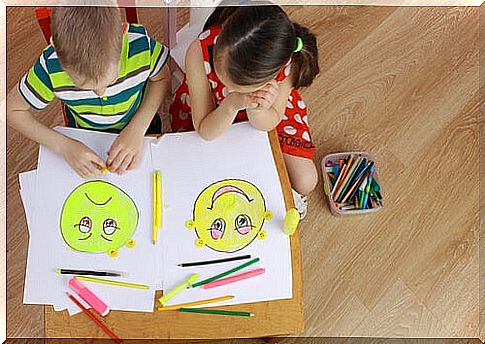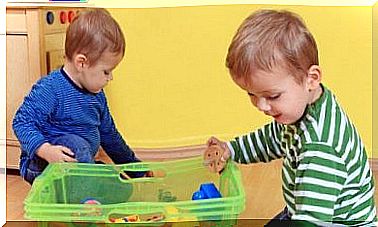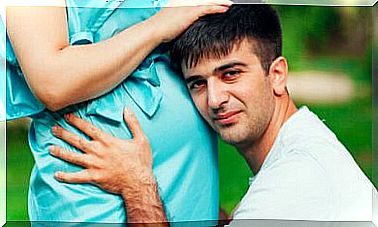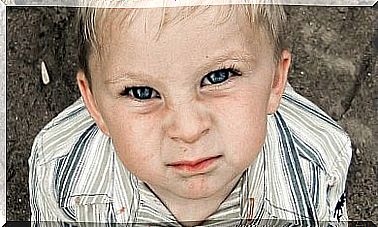Emotional Problems In Children
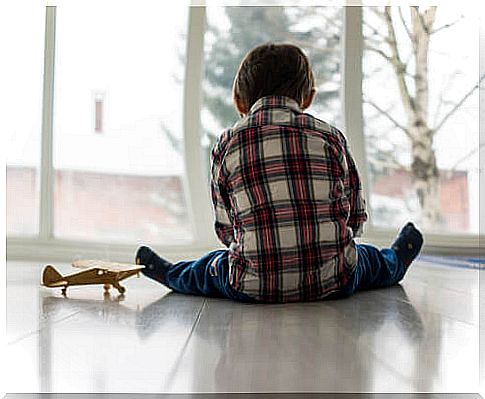
Emotional problems in children can affect their relationships with others, their behavior, and their mood. Parents must be able to detect these anomalies and solve them as quickly as possible, since they affect the development of the child in several aspects.
These types of problems are not exclusive to adults. Due to different circumstances, whether internal or environmental, children are affected by situations that are detrimental to their emotional health.
These appear when negative emotions have an excessive impact on the child’s life. Although this is not to say that its importance should be underestimated.
Negative emotions are highly relevant to people. It is through fear that we protect ourselves from threats, with anger we defend ourselves against attacks from others and with adrenaline we increase our capacities when necessary.
Emotional problems in children can be very bad for their physical and psychological well-being. Next, we will see how to detect them and what to do to fix them.
Most frequent emotional problems in childhood
The emotional disorders that occur most frequently in children are:
- Lack of empathy: in these cases children are not able to recognize the emotions of other people. Therefore, they do not notice if someone is sad, happy or angry. Also, they are unable to understand why they feel this way.
- Depression: can be caused by various factors. It greatly alters the behavior of children, as well as their mood, their school performance, their response to external stimuli and their relationship with others.
- Anxiety: although it is a defense mechanism against a threat or danger, excessive anxiety or in unjustified situations can cause irritability, nervousness and restlessness. In addition, it is also usually the origin of other physical disorders, some very serious.
- Intolerance to frustration: it is the inability to accept rules, norms or situations that are not convenient for them. It is generally expressed through anger and aggressive behavior.
- Phobias: they are excessive fears. Some, in addition, can be related to everyday things (like rain, for example). They cause great complications that affect mental stability and social life.
- Panic disorder: these are pictures of intense fear, accompanied by truly distressing physical symptoms for those who suffer from it.
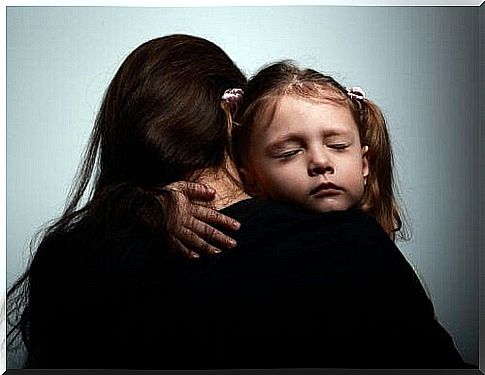
Most common causes of emotional problems in children
As mentioned previously, there are two types of triggers for emotional problems in children:
Internal
These are linked to the emotional regulation of each human being.
Some factors that can determine a tendency to suffer emotional problems are: having an excessively strong character, being highly introverted, suffering from attention deficits, insecurity or failures in the processing of information.
External
The environment in which a child grows up will largely determine this development. If you are part of a family where there is violence, aggressiveness and negativity, your emotional stability will be impaired.
Also, the school environment is just as important, as it is your first contact with your peers in the outside world.
It is important, therefore, that there are no situations of abuse or harassment. Poor relationships with teachers, not feeling like a valued member of the educational community, and poor academic performance can also play a role.
How to detect emotional problems in children?
The first thing to consider is that a child will never come and tell us: “I am suffering from low self-esteem due to criticism from my peers.” That is why we must be attentive to their behavior, which will be the means by which they will channel all repressed feelings.
If the child manifests nervous acts, such as nail biting, yelling, breaking objects or being aggressive, this may be an indicator. Also some physical symptoms, such as tachycardia, nausea or muscle tension.
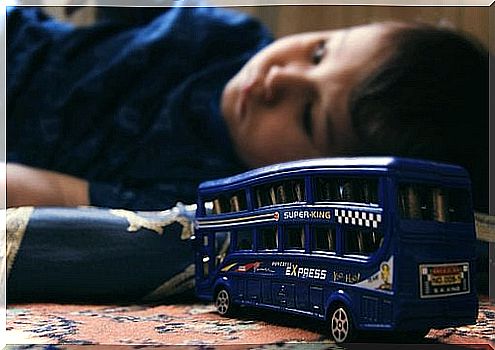
Likewise, let us also pay attention to what it does not manifest. If we notice that you do not trust your abilities, that you face problems with a negative attitude or that you have an abnormal difficulty in relating to others, we should try to find out what is going on in your head.
Tips for treating emotional problems in children
The best recommendation in a case of emotional disorder in a child is to go to a professional.
A psychologist or psychiatrist, for example, could outline an emotional education plan to teach you to control the various feelings that arise depending on the situation. Emotional intelligence is the key weapon to combat these types of disorders.
Likewise, we must be present throughout their childhood. The best way to help them is by being understanding, open, being willing to transmit teachings and values at all times and, above all, showing them that we are at their disposal when they feel that something is not going well.
